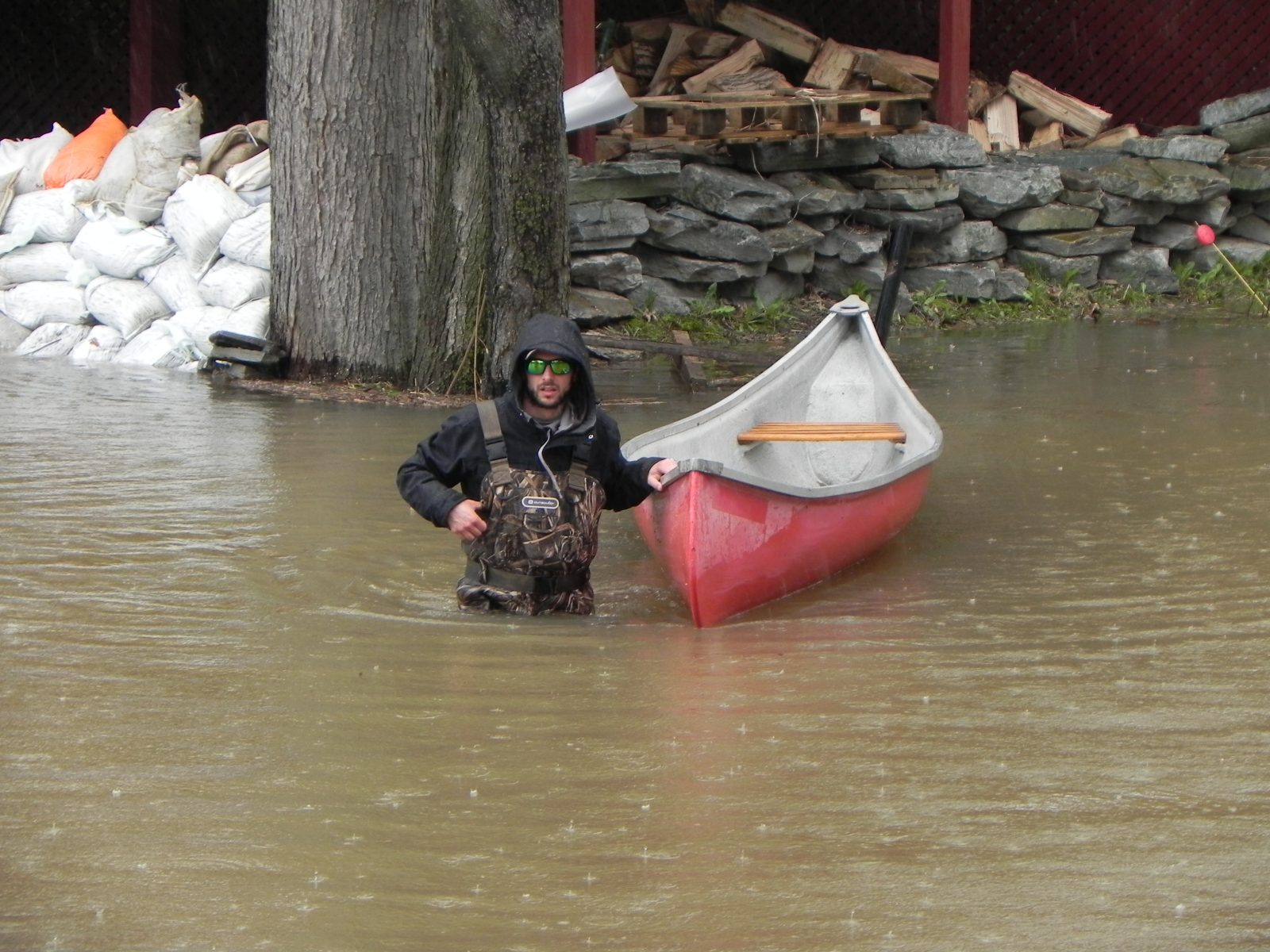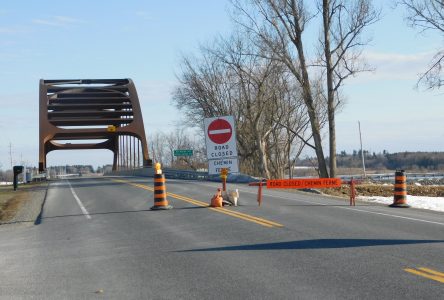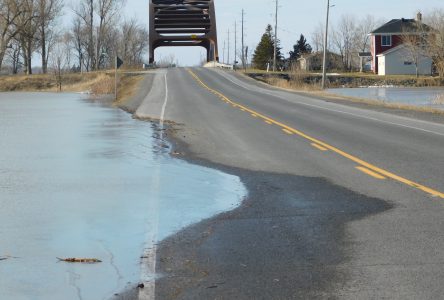Douglas McNeil, special advisor on flooding, released his report on the Spring 2019 Ontario Flood. McNeil, retained by the province to do an independent assessment of this year’s provincial flooding situation, praised Ontario’s “unique watershed-based Conservation Authority model” and its flood-management and monitoring programs, for keeping a bad situation from becoming worse.
Flood report praises conservation authorities



